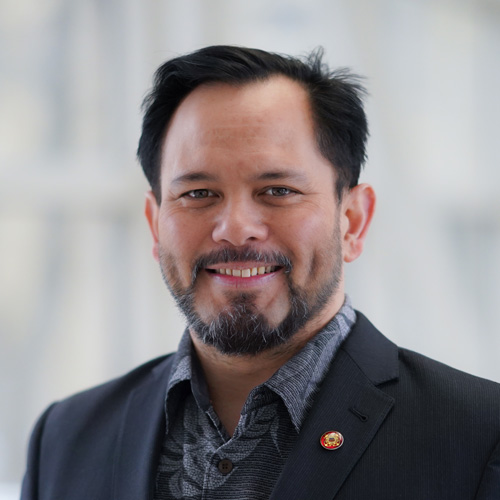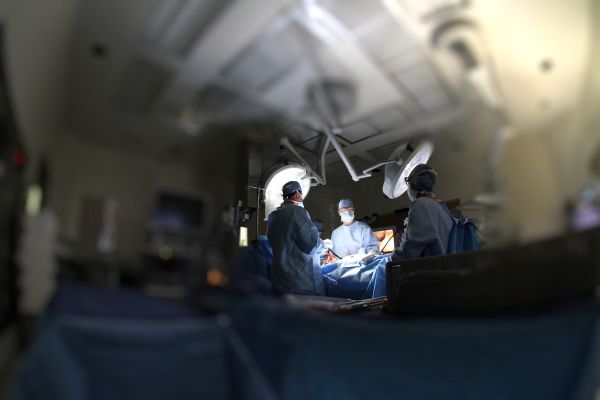Cancers Treated:
Specializing In:
- Gastrointestinal and gynecological radiotherapy
- Breast cancer brachytherapy and clinical research
Research Interests:
- Partial breast irradiation and hypofractionated partial breast irradiation
Positions
Roswell Park Comprehensive Cancer Center
- Associate Professor of Oncology
- Director, GI & GYN Radiation Services
- Department of Radiation Medicine
- Native Hawaiian
- Department of Indigenous Cancer Health
Jacobs School of Medicine and Biomedical Sciences, University at Buffalo
- Clinical Associate Professor
- Department of Radiation Oncology
Background
Education and Training
- MD - John A. Burns School of Medicine, University of Hawaii at Manoa, Honolulu, HI
Residency
- University Hospital, State University of New York Health Sciences Center, Syracuse, NY
- University of Iowa Hospital & Clinics, Iowa City, IA
Fellowship
- University of Iowa Hospital & Clinics, Iowa City, IA
- National Cancer Institute, Bethesda, MD
Featured on CancerTalk
Publications
- Scarbrough PM, Mapuskar KA, Mattson DM, Gius D, Watson WH, Spitz DR. Simultaneous inhibition of glutathione- and thioredoxin-dependent metabolism is necessary to potentiate 17AAG-induced cancer cell killing via oxidative stress. Free radical biology and medicine 2012; 522:436-443
- Wilson JP , Mattson D , Edge SB. Is there a need for axillary dissection in breast cancer? . Journal of the National Comprehensive Cancer Network : JNCCN 2011; 92:225-230
- Mattson DM, Dornfeld KJ, Spitz DR, Orcutt KP, Li L, Aykin-Burns N, Parsons AD, Dayal D, Ahmad IM, Simons AL. Cisplatin combined with zidovudine enhances cytotoxicity and oxidative stress in human head and neck cancer cells via a thiol-dependent mechanism. Free radical biology and medicine 2009;462:232-237

